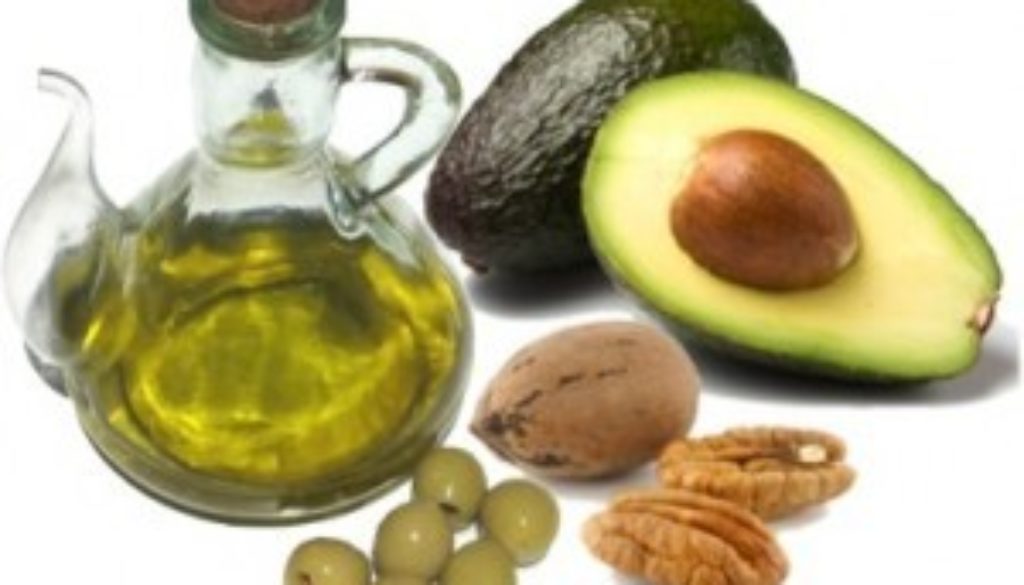The Role of Omega 9 Fatty Acids
The Role of Omega 9 Fatty Acids
Omega 9 is not classified as an “essential fatty acid” or an EFA because it can be created by the human body from unsaturated fat. So the real question is, if our body can make it, how do we approach Omega 9 in our diet for a healthier lifestyle?
Our final look into omega fatty acids delves into the world of the Omega 9. This fatty acid is found in animal fat and vegetable oil, making it prominent in almost every American diet. However, while fatty acids are all necessary for human health, Omega 9 is a little bit different.
So What Is It?
There are two common Omega 9 fatty acids: oleic acid and erucic acid. Both are considered monosaturated fatty acids.
What Does It Do?
Omega 9 is a very important fatty acid, even if it isn’t “essential.” Omega 9 is shown to increase good cholesterol while decreasing bad cholesterol. Omega 9 proves to be beneficial for basic cardiovascular health and so much more; replacing butter with an oil containing Omega 9 such as canola oil could reduce the risk of some heavy hitters like coronary heart disease.
What It Doesn’t Do
While it may help with cardiovascular health, Omega 9 may not help with the risk of breast cancer. There is evidence that shows higher oleic acid levels in a red blood cell have been associated with an increased risk of breast cancer while oleate in olive oil is associated with a decreased risk. As far as scientific studies go, the jury is still out on this one.
How Much Do I Take?
Daily intake of the fatty acid Omega 9 is often found in a regular diet. Between animal and vegetable fats, you’re getting some of it gradually throughout the day which is best for this particular acid. But, if you want a little more oleic acid in your life, 2 tablespoons of extra virgin olive oil daily should do the trick. There are no supplements needed.
What’s It In?
You’ll find Omega 9 in a few different places. Oleic acid is more readily available in various oils including canola, olive, peanut, safflower, pecan, macadamia, grape seed, sesame, chia seed, and sunflower oil. Oleic acid is also in turkey fat, chicken fat, lard, various nuts, avocado and olives. Erucic acid is a little bit more elusive, but you can find it in mustard seed, rapeseed, and wallflower seed.
Your Omega 9
Omega 9, much like the Omega 6, is not likely a nutrient you need to take as a supplement. For one thing, a healthy diet often includes various nuts, lean meats, and the occasional use of oil. But more than that, Oleic acid is the most abundant fatty acid in human adipose tissue, tissue that is formed below the skin, around internal organs, in breast tissue, and in bone marrow. Since it’s such a prominent acid in the human body and we’re able to make it on our own, it’s more likely than not that we are getting (or producing) enough in our body.
If you found this information helpful or insightful, please do me a favor and share this with your friends. If you have any questions or comments I would love to hear them, please email me at: info@johncollierfitness.com.



